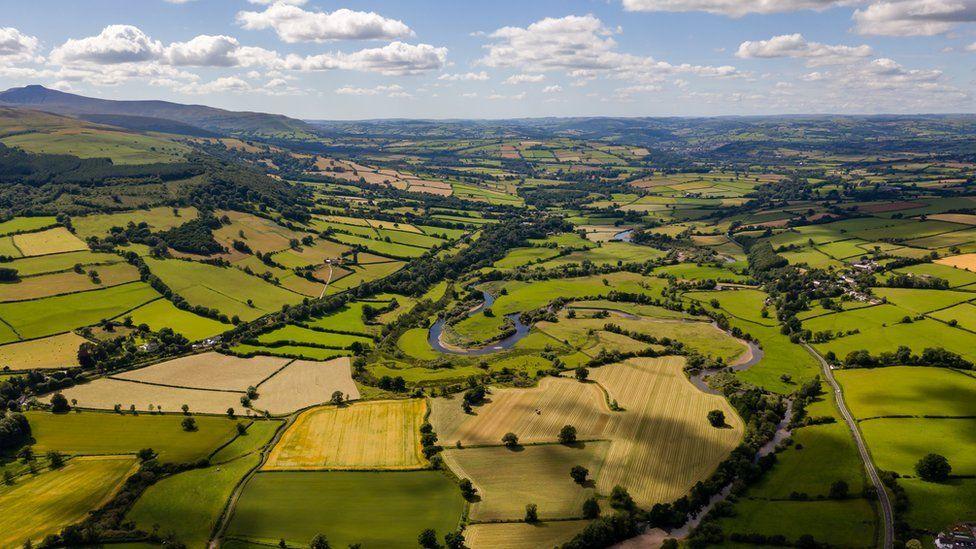Wales 'lacks plan' to tackle scale of nature loss
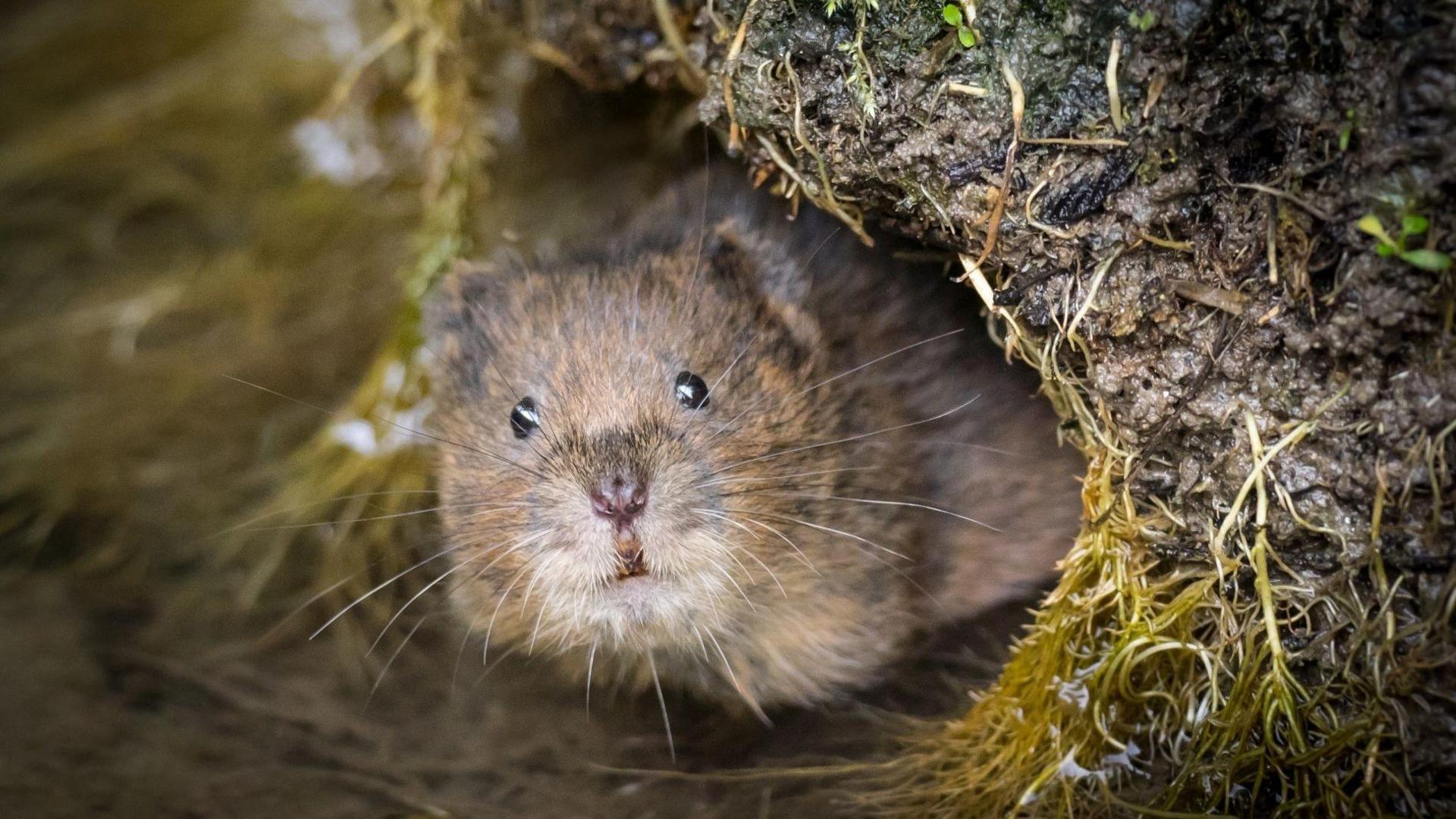
Water voles have declined by over 90% in Wales since the 1980s.
- Published
Promises to tackle nature loss and boost biodiversity by the Welsh government have been called into question in a highly critical report.
The Senedd's cross-party environment committee, external warned ministers lacked a "plan, action and investment" to reverse worrying declines in wildlife.
One in six species - such as water voles and curlews - are currently at risk of vanishing from Wales, which has seen a 20% decrease on average in its wildlife over the last 30 years.
The Welsh government said it was "committed to tackling the nature emergency" and would consider the report's 30 recommendations.
Devastating loss of wildlife in Wales, says report
- Published28 September 2023
Watchdog confirms cuts and closures to save £12m
- Published6 November 2024
Wales is first country to map rare creepy crawlies
- Published27 December 2023
The report concluded that current legislation designed to protect the environment had not delivered as intended, with biodiversity still in decline.
Key policy documents, meant to guide the Welsh government's work on saving nature, were also "years out-of-date", it said.
Promises to update a Nature Recovery Action Plan, external for instance were yet to be acted upon, which the committee described as "deeply concerning".
It said its inquiry, which heard from experts and organisations in the field, found numerous examples of "delays, undelivered commitments, and missed deadlines".
It blamed a lack of staff and resource dedicated to nature at the Welsh government, and singled out cutbacks to its environment watchdog Natural Resources Wales (NRW).
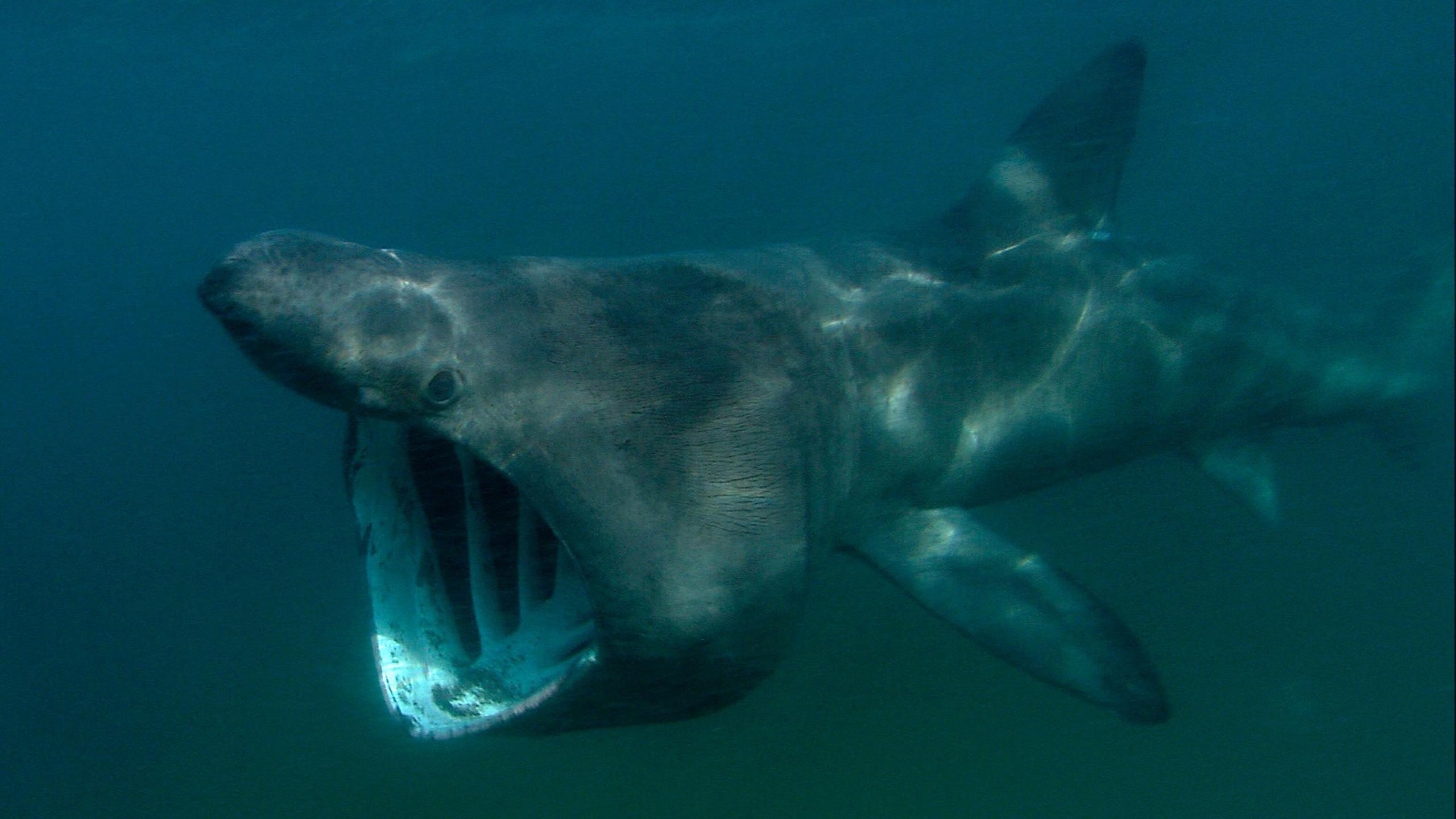
Work to expand Wales' network of marine protected sites has been "disappointingly slow", the report says.
Ministers are set to unveil a long-awaited Nature Bill later this year, with new environmental protections.
In 2021, the government said this would include specific, legally binding targets for helping species and ecosystems to recover.
But the committee heard this more detailed work on biodiversity targets was now likely to take a further four years, meaning they would not be in place until at least 2029.
This is significant because of the Welsh government's support for a landmark international agreement to halt and begin to reverse the loss of nature by 2030.
The then climate change minister Julie James attended the COP15 biodiversity summit in Montreal, Canada in 2022 where the deal was struck, also committing to a goal of protecting and managing 30% of land and sea for nature by 2030.
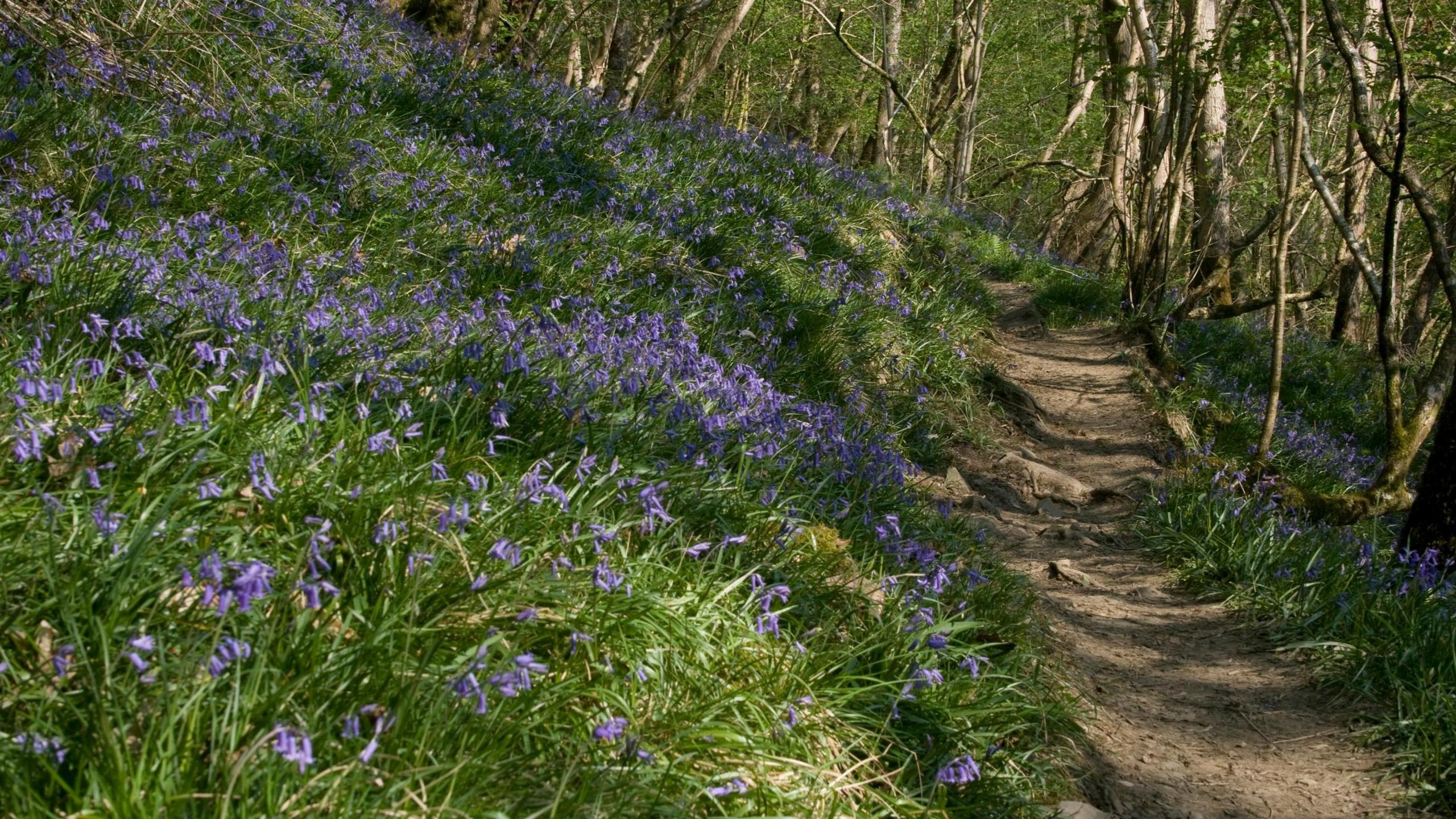
The Welsh government says initiatives such as The National Forest, which now has 100 sites, were making a difference for wildlife.
Llyr Gruffydd, chairman of the Senedd's climate change, environment and infrastructure committee, said the government's rhetoric on nature loss "isn't followed up with action".
"They've been talking the talk for a long time, we now need to see them walking the walk," he said.
If biodiversity targets were not in place before 2029, then the government "can't be serious" about meeting its overarching goal of an improving picture for nature by 2030, he argued.
"That means reneging on an international commitment that they've made which isn't acceptable," he added.
"We need to see faster action from the government and not this foot-dragging... because if nature suffers then humanity suffers as well."

"After decades of pollution, urbanisation and the impact of climate change, Wales' nature is in trouble," says committee chairman Llyr Gruffydd MS.
"With 2030 only five years away, the Welsh government need to be prioritising setting targets to halt and reverse the loss of nature in Wales by 2030 to bring Wales in line with international biodiversity agreements it has already signed up to," said Policy and Advocacy Manager at WWF Cymru Alex Philips.
Annie Smith, head of nature policy and casework at RSPB Cymru, said the report showed how the Welsh government had made ambitious commitments to restore nature, but was failing to deliver.
"Chronic under-investment in our species and habitats has led to a situation where only a fraction of our protected areas are in good condition and our wildlife is declining at an alarming rate," she added.
The Welsh government said it recognised "the need to increase the scale and pace of our delivery to meet both current and future biodiversity targets".
A spokesperson pointed to initiatives such as The National Forest programme and Local Places for Nature, external scheme, and said £150m had been invested during this Senedd term alone on efforts to restore nature.
"As the report notes a whole-Wales approach is needed, it is not just for government to tackle on its own," she added.
An NRW spokesperson said it was "reviewing the recommendations" and highlighted the work it had done through its Nature Networks Programme to restore the Welsh landscape.
The organisation added the "scale of the nature emergency means we must all do more and work together across government, business and society".
- Published16 January
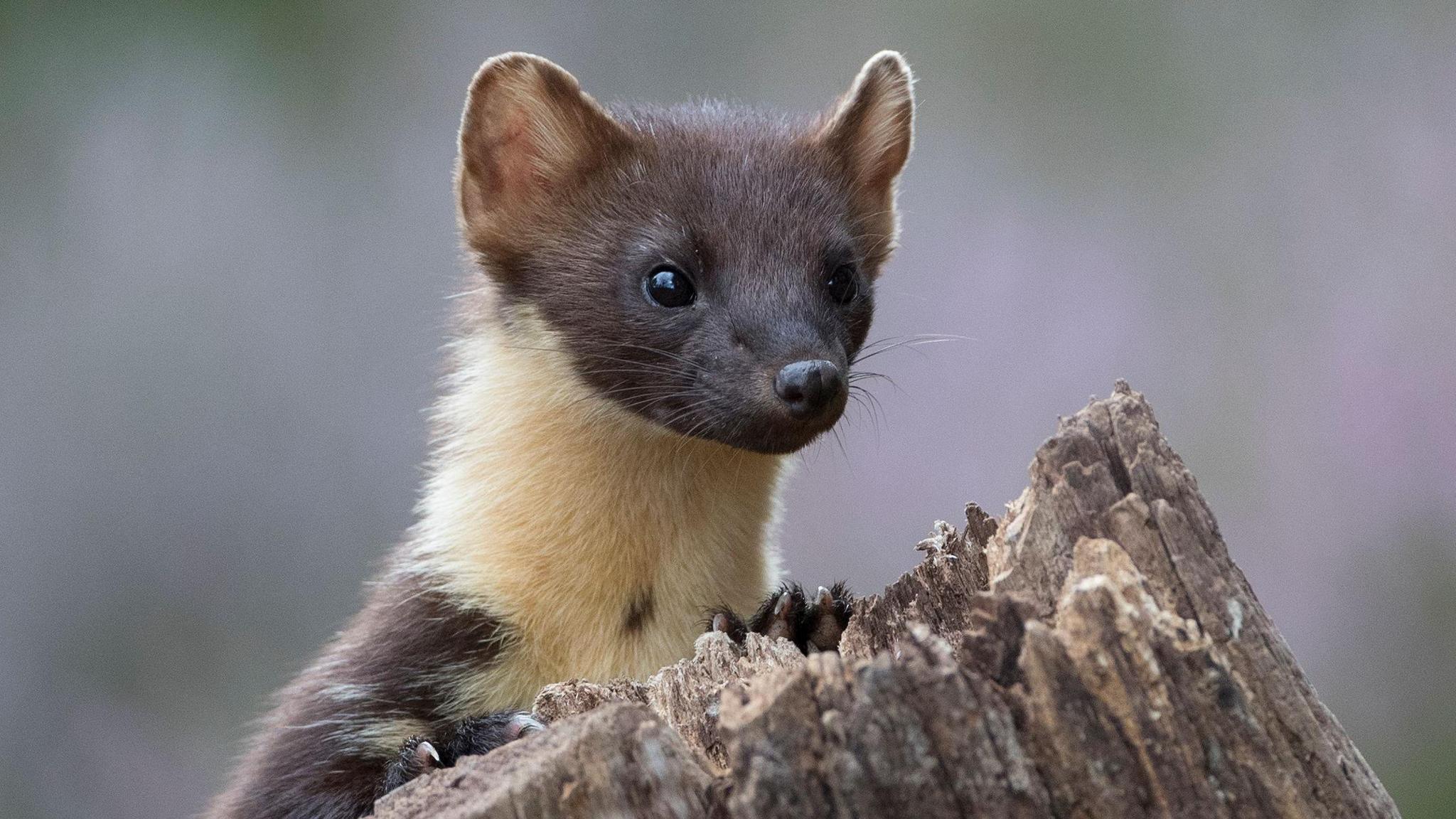
- Published30 August 2024
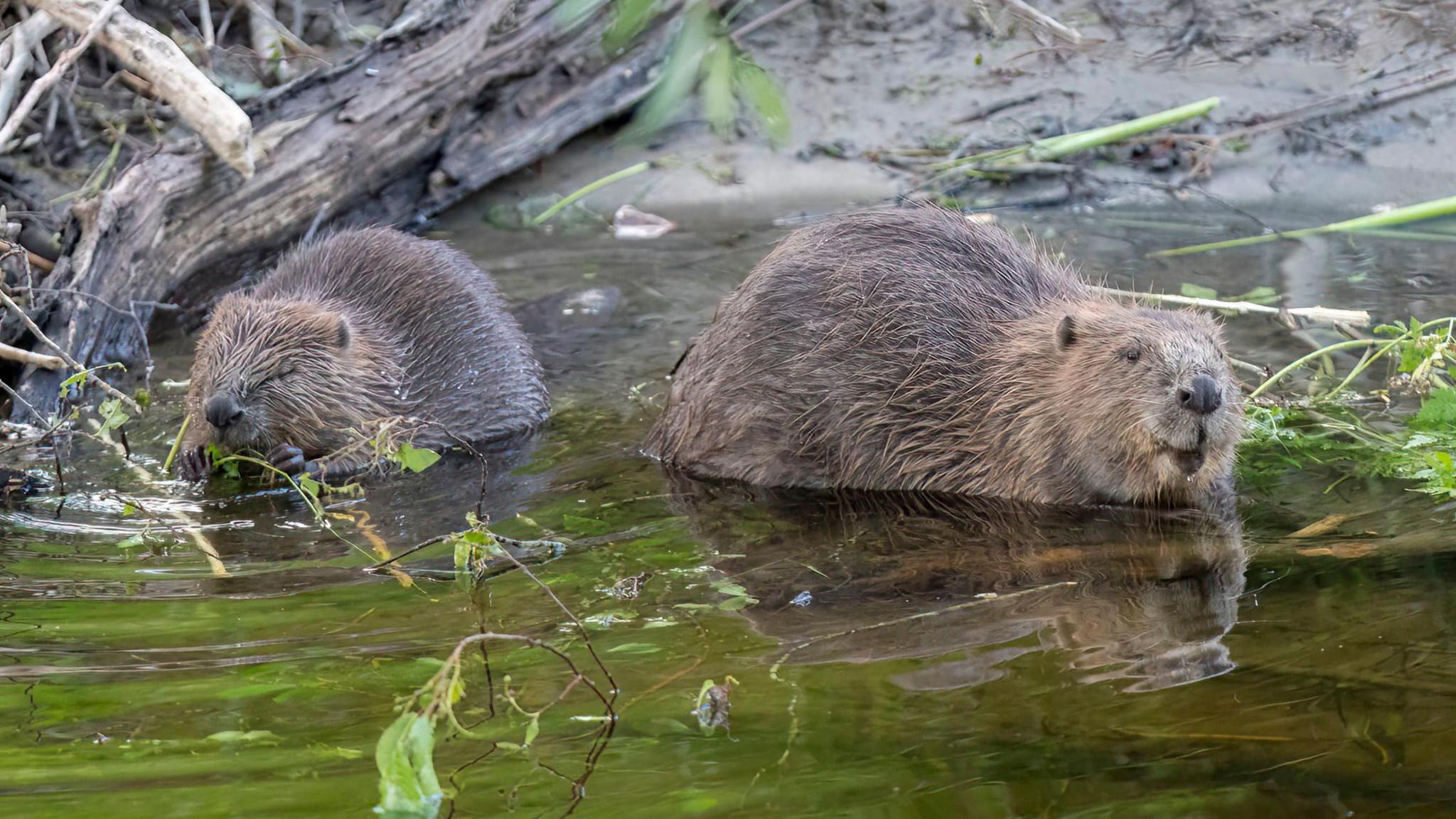
- Published31 January 2024
